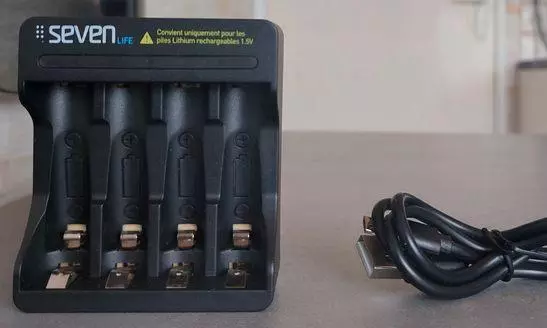
The new regulation is part of a safety campaign to avoid fires on flights after a series of battery-related mishaps on commercial flights. Representative image: Wikimedia Commons
Flying to the US? Seven items you can’t carry in checked-in luggage
The new regulation is part of a safety campaign to avoid fires on flights after a series of battery-related mishaps on commercial flights

America’s Transportation Security Administration (TSA) in coordination with the Federal Aviation Administration (FAA) has introduced a fresh ban on seven kinds of items in checked-in baggage in flights to the US.
All the seven in the list are lithium battery-powered items that should now be carried in the cabin baggage.
The new regulation is part of a safety campaign to avoid fires on flights after a series of battery-related mishaps on commercial flights.
Also Read: US doc stopped from boarding flight at Puducherry for carrying satellite phone
7 banned items
- Mobile phone batteries
- Laptop batteries
- Power banks
- Mobile phone battery-charging cases
- External battery packs and portable rechargers
- Spare lithium-ion batteries
- Spare lithium-metal batteries
What’s thermal runaway?
According to FAA guidelines, lithium batteries have the potential to overheat and cause a dangerous chemical reaction known as “thermal runaway”.
Various factors like overcharging, internal manufacturing defects, physical damage, exposure to heat or water, or inadequate packaging could cause this chemical reaction all of a sudden.
The FAA has warned that when thermal runaway occurs, especially in a plane’s cargo hold, it could spread quickly to other batteries nearby and lead to an uncontrolled fire danger.
Also Read: EV fire: Govt to revise testing norms for batteries, battery management & cells
“When a carry-on bag is checked at the gate or at planeside, all spare lithium batteries and power banks must be removed from the bag and kept with the passenger in the aircraft cabin. The battery terminals must be protected from short circuit,” said the FAA in a statement.
The agencies decided to implement the new regulation after several battery-related mishaps on commercial aircraft. Placing these high-risk items in the aircraft's cabin ensures that qualified and trained cabin staff can respond immediately in case of a fire and control the situation.

